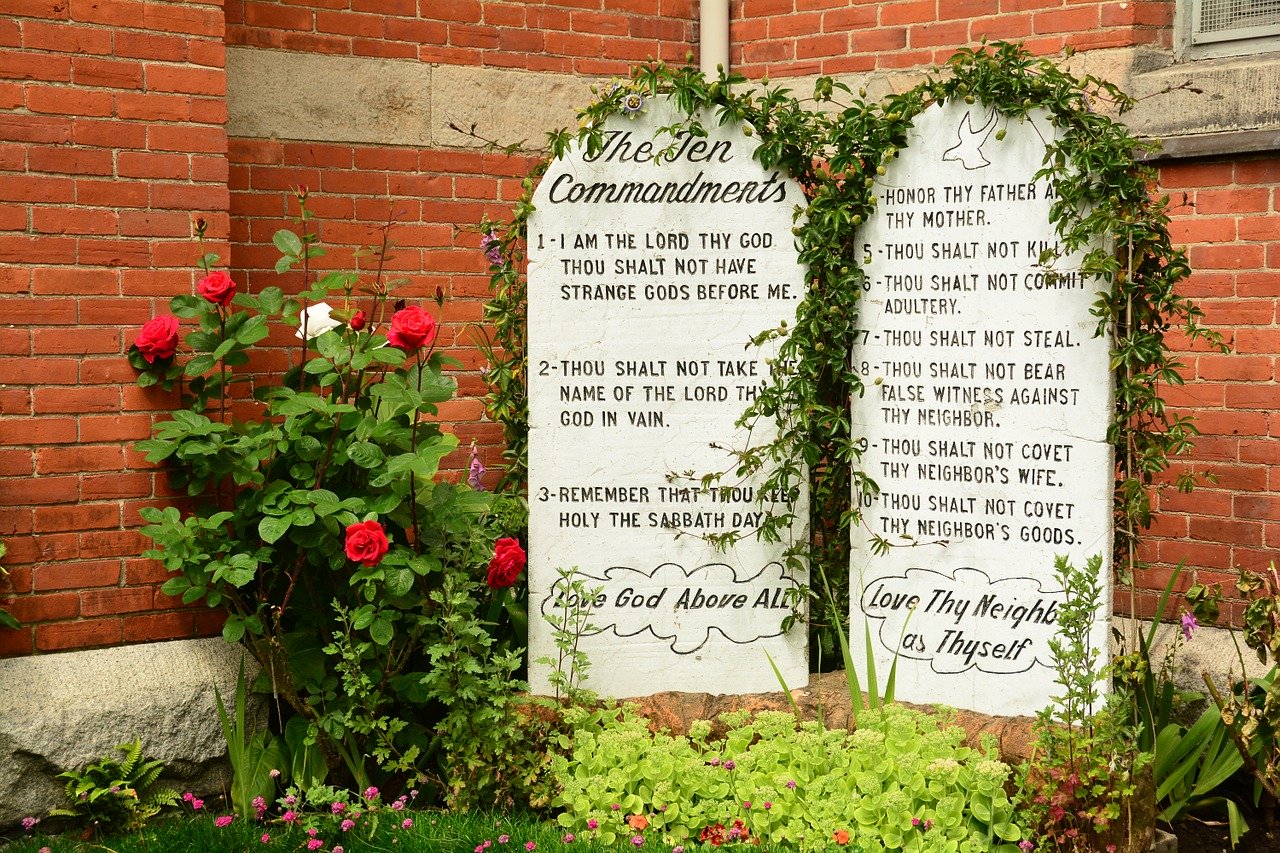It’s better to focus on paying debt instead of tithes. Debt can accumulate quickly and have high-interest rates that increase the amount owed. Paying debt off is a great way to achieve financial freedom.
Additionally, debt can affect your credit score and limit access to loans or other credit lines, so paying off debt should be a priority. Finally, reducing debt frees money for other important expenses such as rent, utilities, or medical bills.

There are many reasons why people end up in debt. The causes range from medical emergencies to poor money management. The Coronavirus, or the COVID-19 pandemic, has placed millions of people in financial hardship. In times like these, many Christians face the dilemma of tithing or paying off debt. Should you tithe or pay your debt? We say pay your debt — and we tell you why below.
Table of Contents
- Watch the Video
- Tithe No Matter What
- Man’s Mandate Isn’t God’s Mandate
- Faith Breaks the Yoke of Debt
- A Believer’s Responsibility
- Recap
- Find Out More
Watch the Video
Tithe No Matter What
Many Christians cut back on their tithes during hard financial times or stop paying them altogether. This is not good news for churches. In response, many pro-tithe pastors tell their congregations to keep tithing.
They proclaim it’s a scriptural mandate that Christians tithe 10% of their income to the local church. Others go as far as to say you can tithe your way out of debt. So, what do you do when you’re torn between supporting your local church and keeping a roof over your head?
Let’s see what the Bible teaches us.
Man’s Mandate Isn’t God’s Mandate
The Bible doesn’t mandate Christians to tithe 10% of their income to a church. Tithe advocates often use Malachi 3:10 as their go-to verse, especially during times of economic crisis. The problem is that they misinterpret or take the verse out of context.
In short, the verse pertains to the biblical tithe of crops and livestock, the Mosaic Covenant, and God’s promise to ancient Israel. The verse doesn’t pertain to New Covenant Christians.
There are several reasons the verse isn’t a mandate to “tithe” to a church. First, the biblical tithe isn’t money. Second, the storehouse isn’t a church or place of worship. Third, the Lord spoke to the Levitical priests, not ancient Israel in general. Four, God’s promise of opening up the windows of heaven is a metaphor for the rain needed for crops.
Finally, this promise was based on the Mosaic Covenant between the Lord and ancient Israel. So, the often-quoted Malachi verse has nothing to do with the modern-day tithe and the Christian church.
Faith Breaks the Yoke of Debt
The New Testament has promises for Christians. However, you don’t receive these promises by so-called tithing. You are blessed through God’s grace and your faith in Jesus Christ. The blessings of God are freely given. They are not earned with the works of the flesh, such as the Mosaic Law practice of tithing.
Your faith in God will get you out of debt (Hebrews 11:6). Ask him to help you get out of debt. When you ask, the Holy Spirit tells you what to do. Your job is to act on that word (instruction) you receive. This demonstrates your obedience and shows you have faith in God.
Here’s why your faith is important…
You may not be able to tithe your way out of debt, but you can get out of debt when you combine faith with obedient action. Your first responsibility is to exercise your faith in God — not to pay so-called tithes.
A Believer’s Responsibility
Your next responsibility is to take care of your household. Jesus said to render unto Caesar what is his and unto God what is his (Matthew 22:21). Again, God doesn’t want so-called tithes (money) from you. He wants your faith. He wants you to trust him no matter what. In the meantime, God doesn’t want you to ignore your financial obligations.
The Bible instructs us to avoid poor financial stewardship (Psalms 37:21, 1 Timothy 5:8). Now, don’t feel bad about being in debt. God understands things happen, including things that are beyond our immediate control.
Supporting your church and paying off debt doesn’t have to be an either-or scenario. If you need to cut back on the amount you give, then do so. For example, instead of giving (not tithing) $100 a month, give $75, $50, or $25. The point is you must do what makes sense for your financial situation. Give what you can afford after you’ve taken care of your household needs.
God loves us. He won’t place a burden upon us that’s beyond our ability to handle. The Apostle Paul conveys this sentiment in 2 Corinthians 8:13. Believers are encouraged to give, but not at the expense of their financial well-being.
Recap
Should you pay tithes or pay a debt? Tithe advocates say to make tithing your top priority. Some even proclaim you can tithe your way out of debt. However, this isn’t what the Bible teaches us.
New Covenant Christians aren’t required to tithe. Tithing isn’t a New Testament mandate. You are blessed by God’s grace and faith in Jesus Christ. Although there’s no mandate to tithe, believers are encouraged to give.
The Apostle Paul recommended giving according to one’s ability. (2 Corinthians 8:12). Additionally, you’re giving should not be a burden to you (2 Corinthians 8:13). The Bible is clear that your primary role is to take care of your household first (Psalms 37:21, 1 Timothy 5:8).
Above all, have faith in God. That’s what he wants most from you. When you trust him, he will lead you out of debt. While some pastors ask for tithes, God is asking for your faith!
Find Out More

Discover the hidden truth about tithes the church doesn’t want you to know. Click here.








